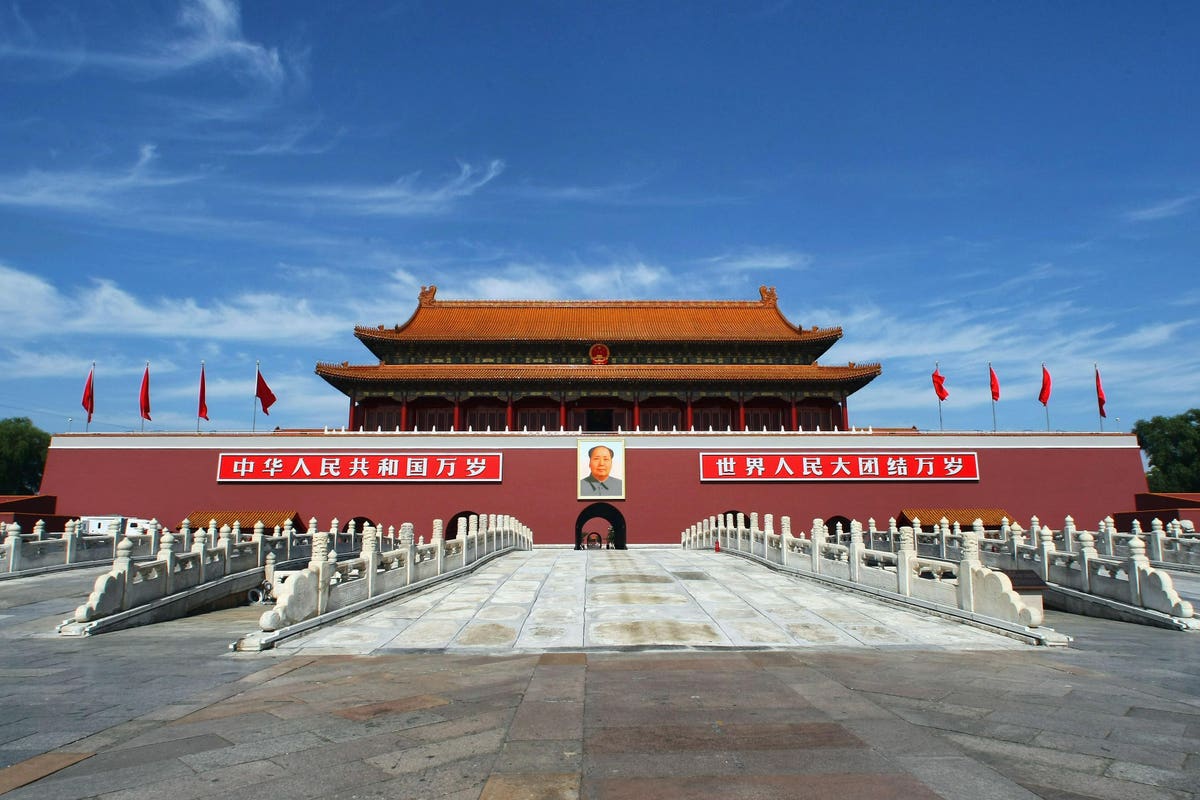As it looks to shore up its foreign exchange reserves in the midst of triple digit inflation, the Argentine government secured some $1 billion in financing from Chinese companies. These announcements, occurring in the midst of Argentine Economy Minister Sergio Massa’s trip to China, amount to both economic and political arrangements as the beleaguered nation juggles a complicated balancing act with the world’s leading superpowers. As it courts the support of the United States in ongoing negotiations with the International Monetary Fund, where Washington holds the keys, Argentina makes its way into a complex electoral season that is expected to see the opposition—which holds a marked bias toward the US—regain power.
The bulk of the secured financing is tied to infrastructure projects, with a pair of hydroelectric power dams along the Santa Cruz River in the Patagonia region taking the lion’s share. According to information from Perfil’s reporter Ariel Maciel in Shanghai, China Gezhouba Group Co. agreed to finish the second stage of the dam projects by mid-July this year. The negotiations included sewage treatment facilities run by state firm AySA, financing for the Néstor Kirchner pipeline which connects to the Vaca Muerta shale field, and investments in electrical infrastructure for the Buenos Aires metropolitan region. Together, the financing is expected to fill the Argentine Central Bank’s coffers by some $1 billion, which given the lack of foreign reserves comes as a much needed drink of water in the desert for the Latin American nation.
While the full terms of the deal weren’t made immediately public, Massa’s visit to China is part of an economic and political strategy that depends on strengthening Argentina’s financial position amidst deep fragilities. Coming into an electoral year, the pan-Peronist Frente de Todos coalition is in deep trouble. Inflation is running well above 100 percent in annual terms and the economy appears to be slowing down as the fiscal bill keeps running high. Currency controls in place since the previous administration have been strengthened, diminishing import capacity and therefore straining the country’s industrial sector. While unemployment has remained low, purchasing power continues to deteriorate, fanning the flames of social unrest.
Massa, an unconfirmed presidential candidate, is looking to gain momentum ever since taking the reins of the Economy Ministry. Expecting to bring down inflation and position himself as a palatable candidate, an initial string of victories quickly turned to defeats as inflation began to break loose once again in the face of dimming expectations and the risk of a sudden and painful devaluation. The need for hard currency to beef up depleted Central Bank reserves has proven detrimental. This has become a key issue for Massa who sought to capitalize on his tenure at the Economy Ministry to position himself as the governing coalition’s leading candidate. Through unorthodox economic policy, he’s struggled to maintain the status quo and faced several runs on the currency that have in turn fed into inflation and decreased output as expectation deteriorate.
The leading opposition coalition, Juntos por el Cambio, expects a victory in the upcoming elections and promises to put in place a stability plan based on fiscal balance and the lifting of myriad currency and regulatory regimes that have strangled the economy. Yet, their program is anchored on austerity and unpopular structural reforms that could prove too harsh and ultimately “kill the patient” before the treatment bears its fruit, according to the Frente de Todos which pushes an expansive approach. Buenos Aires City Mayor, the apparent frontrunner, has been challenged internally by former Security Minister Patricia Bullrich, who espouses an even tougher macroeconomic and political stance. Standing farther to the right is Javier Milei, an ultra-libertarian economist who has grown in opinion polls promising to use a “chainsaw” to cut the deficit, burn the central bank and dollarize the economy. All of this occurs with the backdrop of a nation tied to an IMF program that has been in constant negotiation with Fund chief Kristalina Georgieva and Washington.
Massa’s trip to China is also occurring as his pan-Peronist coalition is in the midst of a civil war between moderates and hawks represented by vice president Cristina Fernández de Kirchner. Her son, Deputy Máximo Kirchner, accompanied the Economy Minister in this trip and is expected to negotiate some sort of armistice that will grant Massa peace of mind going into the election. But candidacies are still in the air, and opinion polls suggest the Frente de Todos could even be left behind in a hypothetical runoff scenario. Massa, therefore, is pulling all stops. What matters to the Argentine political establishment these days is nothing more than the absolute short-term.
Read the full article here





